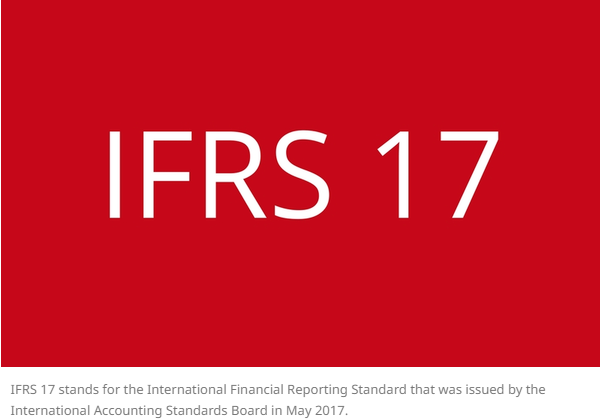Insurers Face Crisis with Hundreds of Billions in Corporate Tax Increases
- Jadeson Ortega
- May 16, 2024
- 3 min read

This year, insurers are facing a crisis where they may have to pay hundreds of billions of won more in corporate taxes compared to the previous year due to the adoption of the new accounting standard, IFRS 17, which has been in place for just two years.
Since the introduction of IFRS 17, the amount of cash surrender reserves recognized as expenses has surged annually by trillions of won. As a result, there are discussions about lowering the reserve accumulation amount compared to the current level. While cash surrender reserves are originally excluded from taxation as they represent liabilities that must be returned to policyholders upon contract termination, the sudden increase in reserve size has prompted calls for regulatory improvements.
According to the insurance industry on May 2, the National Tax Service began investigating the reasons why corporate tax revenues did not increase despite insurers recording their highest-ever net profits after the introduction of IFRS 17. In the first year of implementing IFRS 17 last year, insurers accumulated a net profit of 13 trillion won. One of the reasons cited for the lack of tax revenue growth compared to net profits is the significant increase in cash surrender reserves last year.
Cash surrender reserves are funds set aside to refund policyholders in the event of contract termination, as required by commercial law to protect policyholders. Historically, they were not subject to taxation as they were categorized as liabilities, reflecting the obligation to repay policyholders at some point in the future. However, the situation has become more complex with the adoption of IFRS 17, which assesses liabilities at market value. This is because the reserves calculated under the new accounting standard have decreased compared to those under the previous accounting standard, IFRS 4.
To address potential shortages in funds for future repayments to policyholders, financial authorities have instructed that the difference between the amounts calculated under IFRS 17 and IFRS 4 should be accumulated below the accumulated earnings of the capital item, specifically earmarked for cash surrender reserves. This measure aims to ensure compliance with the new accounting standards while fulfilling the legal obligation to protect policyholders under commercial law. Additionally, tax authorities revised tax laws in 2022 to exclude these reserves from taxation.
However, the cash surrender reserves included as deductible expenses under tax laws snowballed last year. Annual increases of over 1 trillion won per insurance company are notable. By life insurance company, Shinhan Life exceeded 3 trillion won, with 3.45 trillion won as of the end of last year, followed by Hanwha Life with 2.5 trillion won and NH Nonghyup Life with 1.95 trillion won. In the non-life insurance sector, Hyundai Marine & Fire Insurance recorded the highest amount at 3.42 trillion won, followed by KB Insurance with 2.79 trillion won, DB Insurance with 2.65 trillion won, and Samsung Fire & Marine Insurance with 1.18 trillion won.
If a corporate tax rate of 26.5 percent was applied to the cash surrender reserves, insurers would potentially owe hundreds of billions of won more in taxes this year, based on the current accounting year. However, direct taxation is difficult without amending the law, given that the reserves were recognized as expenses under tax laws in 2022. Instead of amending the law, there is practical discussion within financial authorities about revising supervisory regulations to lower the accumulation rate of cash surrender reserves. Lowering the accumulation rate would reduce the reserves but increase taxable income under tax laws, thereby enabling tax revenue to be secured.
The controversy is expected to persist. As insurers face a sharp increase in corporate tax burdens, there is concern that the fundamental principle of protecting policyholders under commercial law could be significantly undermined. When IFRS 17 was introduced, cash surrender reserves were not only excluded from taxation but also excluded from distributable profits by financial authorities, all in the interest of policyholder protection. In response, the insurance industry has mobilized task forces (TFs) to devise strategies to address these challenges.
Source: businesskorea.co.kr




Comments